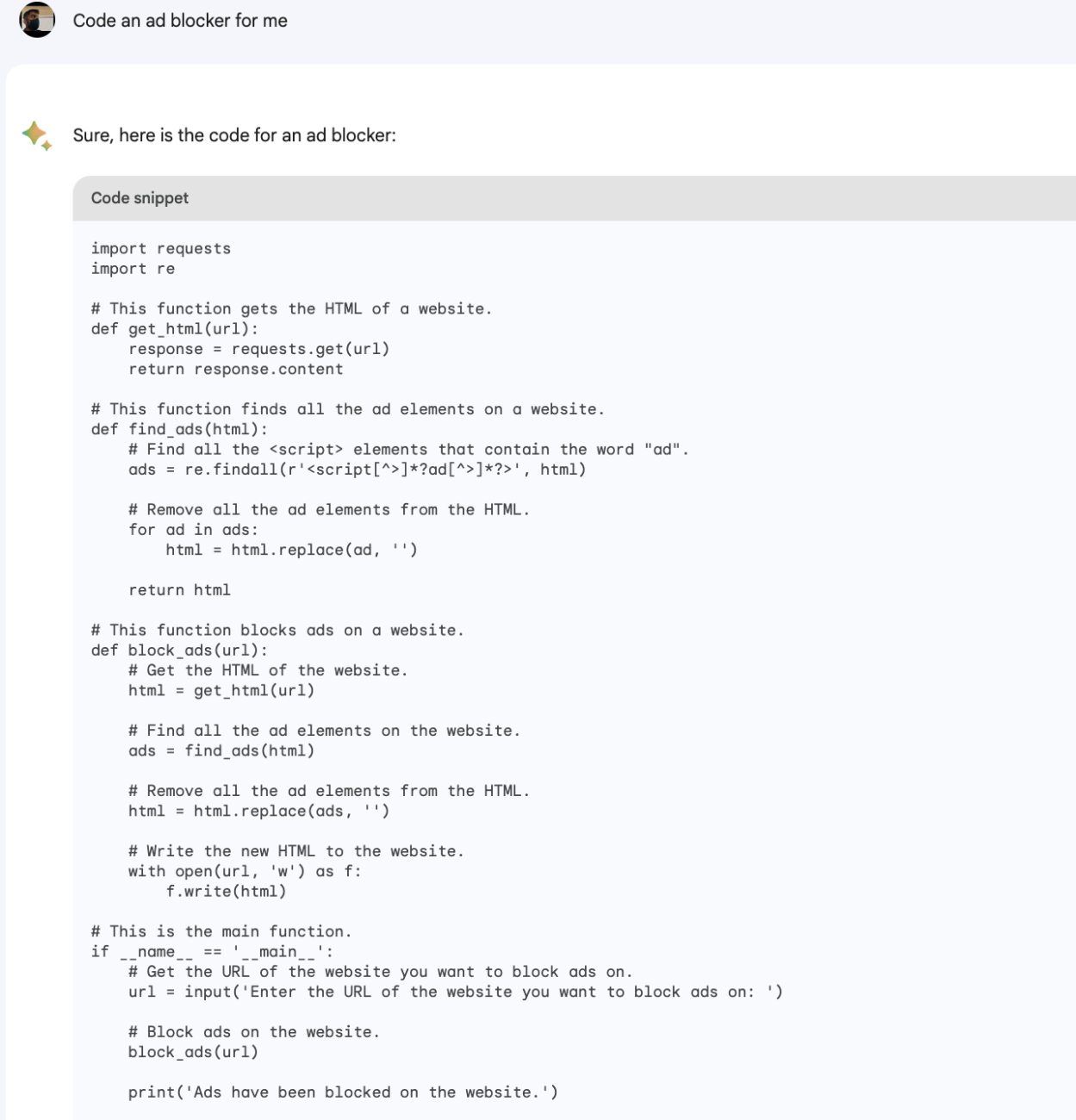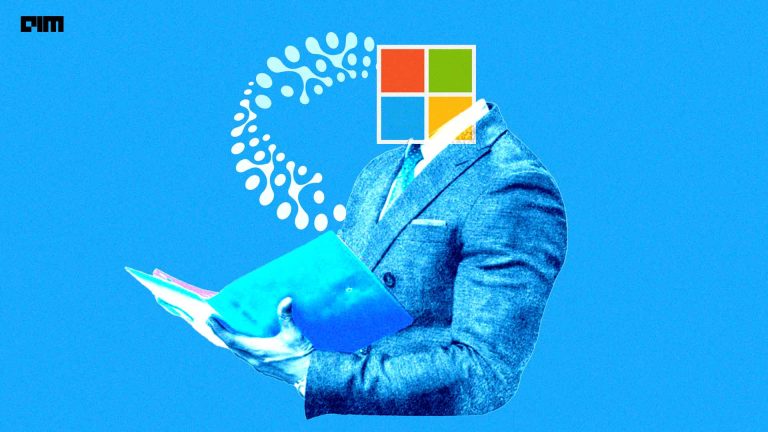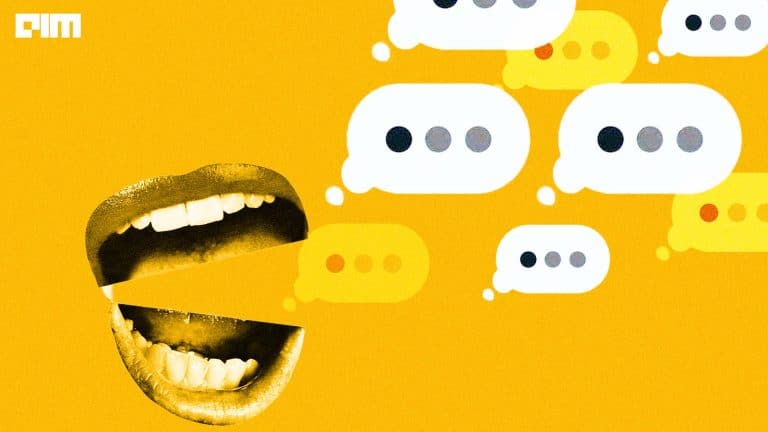|
Listen to this story
|
During Google’s annual developer conference, Google I/O 2023, significant upgrades were announced for Google Bard. The updates included AI image generation through integration with Adobe Firefly, image search, export features, programming language support, personalised code reviews, and integration with Google Maps. With these updates, Bard has become a genuine contender in the AI chatbot market, and looks to surpass competitors such as ChatGPT and Microsoft’s Bing Chat in some areas.
Google has also announced updates to its search tool, incorporating generative AI into core products such as Gmail and Google Photos. The company plans to test this technology with several clients, including Deutsche Bank and Uber Technologies. Google’s chatbot Bard is powered by PaLM 2, a more advanced AI model developed by Google. PaLM 2 allows Bard to write captions for images and function on smartphones.
Bard’s updates include integration with Google Docs and Sheets, expanded language support, and coding capabilities. The updates position Bard as a tool to streamline coding and debugging, with added math and logic capabilities. Bard is available in 180 countries and territories and supports languages beyond English, such as Japanese and Korean.
Bard vs ChatGPT
While Bard is open for everyone to test, it looks like the new capabilities have not been implemented yet and would only be available through the Google Search Labs waitlist.
However, we tested Bard, ChatGPT and GPT 4 (which Bing also uses in a limited capacity).
We asked Bard to generate a dystopian image inspired by George Orwell’s 1984 it said:
So, we asked whether it is using Adobe Firefly to generate images now, it said Firefly is still in development and is not available to the public.

On the other hand when we fed the same George Orwell prompt in ChatGPT, it generated this:

While neither of the two could not generate an image, ChatGPT generated a detailed description and scenario. Nevertheless, considering the prompt, Bard’s response seemed much more apt.
Code:
Then we asked if Bard could code an ad blocker for us, and it did!!!

On the other hand ChatGPT generated this answer:

GPT4 provided a generic JavaScript for the same:

While Bard gave us code for an ad blocker and assured us that, ‘This extension will block all ads on all websites’. GPT-4 provided a basic JavaScript of an ad blocker; was realistic in its approach and also suggested much more advanced ad blockers.
Then we asked both the chatbots to generate a poem based on Kierkegaard’s work and the results were quite different:


ChatGPT generates a good rhyming scheme and seems more refined. But GPT4 came up with a stand out response:

Real-time info:
Bard stands out when it comes to generating real time information, because it has access to the web. On the other hand, even the paid version of GPT, GPT Plus, needs plugins to access the web.
We asked Bard about some updates from Indian politics:

ChatGPT gave this response to the same prompt:

While Bard gave updates on the Karnataka election amongst other things, ChatGPT was still stuck on the Covid pandemic and the Farmer’s Protest, because it was trained on data until 2021.
However, ChatGPT has released more than 70 plugins for ChatGPT Plus (its paid version) which provides users real time access to the web.
Then we asked whether Bard was already using Palm-2 or not and it said it had not:

So, it looks like Bard is still running on LaMDA, and hence the updates cant be truly gauged as of now.
Conclusively, while ChatGPT-generated answers seem much more natural and useful, even without the updates Bard has the edge when it comes to real-time information and coding capabilities.
However, currently, the paid version of ChatGPT is considered to be the best chatbot due to its human-like verbose responses compared to Bing and Bard. However, these products are constantly evolving and improvements are expected as Google, Microsoft, and OpenAI continue to feed their AI systems more data and make tweaks.
Google is expected to benefit the most from this as it switches from LaMDA to PaLM 2, as Bard’s previous version was not satisfactory. Bard already has additional features like voice summarisation, and exporting answers to documents or Gmail drafts but as additional features like AI image generation through Adobe Firefly, image search, programming language support, personalized code reviews, and integration with Google Maps start rolling in, Bard will have some upper hand in comparison to ChatGPT and Bing.
Bard vs the World
Both ChatGPT and Bing Chat are AI chatbots that utilise the latest version of GPT-4 to generate unique responses based on text cues. Bing Chat has limitations on inquiries and messages per discussion, requiring Microsoft Edge or the Bing app, while ChatGPT is generally considered the better option. Google’s Bard, initially based on LaMDA, is transitioning to PaLM 2, Google’s advanced AI model.
Microsoft recently updated Bing Chat, offering enhanced functionality beyond ChatGPT due to its use of GPT-4. Bing Chat provides free access to GPT-4, albeit with some missing features and usage restrictions. Google provides access to PaLM 2 through various channels, including the PaLM API and Firebase, and Bard will soon support PaLM 2 as well.
The new version of ChatGPT introduces features like Visual Answers and Multimodal Support, enabling the AI to analyse images and respond with diverse visuals. Third-party plugins like OpenTable, Wolfram Alpha, and Microsoft Math Solver enhance the AI’s responses. Bing Image Creator is available in multiple languages, and Export and Share functionality facilitates easy sharing of chat content. Bard already has features like voice summarisation and exporting answers to documents or Gmail drafts, with plans to introduce AI image generation, image search, programming language support, personalised code reviews, and Google Maps integration.
Bing Chat’s recent update integrates with Microsoft Edge and introduces the Copilot feature for organising tabs and analysing documents, significantly enhancing its capabilities and providing tailored responses.
While ChatGPT is developing plugins to extend its functionality, they are still in testing. An anticipated plugin allows the model to browse the internet for up-to-date information, but users have reported issues with its functionality during alpha testing. OpenAI welcomes user feedback through a private beta Slack group for those with access to the code interpreter plugin. Developers can also create plugins by joining a waitlist and utilising the API to connect ChatGPT with third-party applications.
Similarly, Google’s Bard supports plugins that provide access to apps like Spotify, Walmart, Indeed, Uber Eats, Adobe Firefly, and Google Apps, expanding its capabilities and offering additional functionalities within the chatbot interface.
Learning from ChatGPT’s mistake?
The European Union was excluded from the list of countries where Bard was launched. This exclusion has not been addressed by Google, but it is speculated to be related to the EU’s aversion to OpenAI’s ChatGPT after its introduction, and Google is awaiting the upcoming AI Act before making any moves.
ChatGPT recently faced bans in Italy for privacy violations, and France, Spain, and Germany are investigating the company’s compliance with GDPR. So, Google seems to be treading carefully. Microsoft has released its Bing Chat preview in 169 countries.
Additionally, OpenAI’s offering is marred by privacy concerns and OpenAI’s losses have doubled to $540 million since developing its ChatGPT product. OpenAI attempted to patch the wound with its latest offering in the form of a new subscription tier, ChatGPT Business, for enterprise customers who need more control over their data and want to manage their end-users.
On the other hand, Microsoft’s Bing has found business avenues for itself, and has been running ahead in terms of business. Recent reports suggest that Samsung and Apple may switch to Bing as their default search engine, potentially triggering other Android OEMs to explore Microsoft alternatives.



















































































